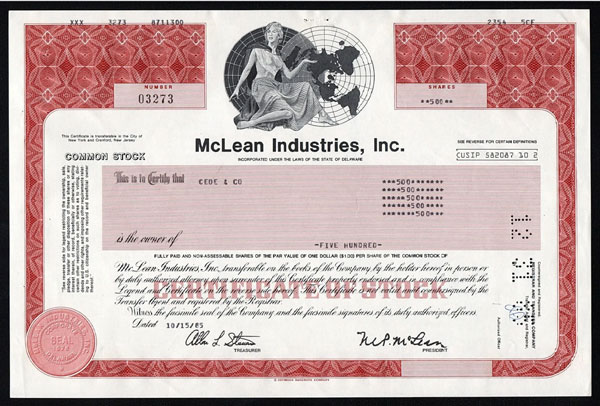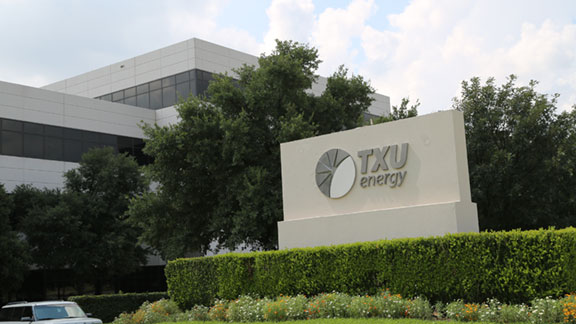Introduction
Private equity firms put together agreements to buy firms for their shareholders. It has been demonstrated to produce strong ROIs, and many businesses manage assets worth billions of dollars. The transactions entail purchasing companies of all shapes and sizes across all sectors. Leveraged buyouts are one of the largest of these purchases. In this kind of transaction, a sizeable portion of the purchase cost is loaned or strained by using the resources of the target company as security. The issue of running the recently bought business while being heavily indebted makes stock buybacks challenging. Financial circles debate many of the most famous leveraged buyouts on record.
Most Notable Leveraged Buyouts (LBOs)
RJR Nabisco (1989): $31 Billion
The RJR Nabisco LBO is undoubtedly the only well of all LBOs in the type, but after thousands have been executed in the 30 years following. This is mostly a consequence of the deal's influence on the novel and following movie and the deal's sheer boldness. The acquisition of RJR Nabisco by KKR demonstrated that competent bankers could accomplish practically something with access to affordable credit.
McLean Industries (1955): $49 Million

Although $49 million would be little change for LBOs by contemporary standards, it's important to remember that the transaction took place more than six decades ago. Additionally, it would still be regarded as another LBO. Although LBOs are commonplace today, this agreement at the time showed great fiscal innovation: The executives of McLean Industries came up with the simple brilliance of using $20 million of the firm's liquidity in the market to pay off a loan as long as the transaction to buy the Waterman Steamship Company closed.
Manchester United Football Club (2005): $790 Million
This same Tampa Bay Buccaneers' 2nd Super Bowl victory provided the Glazer household athletic triumph most lately, but soccer has provided them significant financial glory for decades. The Glazer family identified the revenue-generating potential of European soccer around 2005, however, before Europeans colonized. To purchase a property that has since been appraised, including over $2 billion, they overloaded Manchester United's financial sheet with $660 million.
Safeway (1988): $4.2 Billion
The second inclusion of KKR in this guide says so much about the performance of one of the major global investment firms when it relates to LBOs. When KKR initiated an offer in 1988, Safeway had already been experiencing financial problems for a few years. Following the purchase, it loaded its financial statement with loans and sold non-performing properties, including more than 50% of its 2,300 outlets. As a result, it became profitable and paid off some of its indebtedness. The business has been around since 2021 and generates more than $35 billion yearly profit.
Energy Future Holdings(2007): $45 Billion

Considering that all of the LBOs on this list have been great achievements, the leveraged acquisition of Power. Upcoming Holdings was acquired in 2007 by a group led by KKR, Goldman Sachs, TPG Capital, etc. Not because of a lack of clever brains underpinning the deal, given the partnership in the issue. However, timeliness may fool even the brightest minds.
Hilton Hotels (2007): $26 Billion
While Energy Future Holdings' timeliness seemed poor, Hilton Hotels' scheduling seems at least as poor as Energy Future Holdings. In 2007, as the globe was set to experience the worst property investment downturn in history, the renowned company was purchased for $26 billion by a syndicate that comprised the Blackstone Group, Bear Stearns, and Lehman Brothers. Nevertheless, a successful business often depends on the investor's ability to appreciate its long-term character.
Conclusion
An LBO enables businesses to make significant acquisitions without significant capital expenditure. Energy Future Holdings, Hilton Hotels, and Clear Channel were involved in the highest-ranked LBOs on record. Leveraged buyouts aim to make a sizable purchase without significant capital expenditure. The goal of merging the two businesses is to create a single, stronger, more successful organization that better maximizes profits for shareholders. LBOs can be carried out to assist a publicly-traded company in moving to a privatized one, dispose of a portion of a company, or move personal property from one organization to the other.







